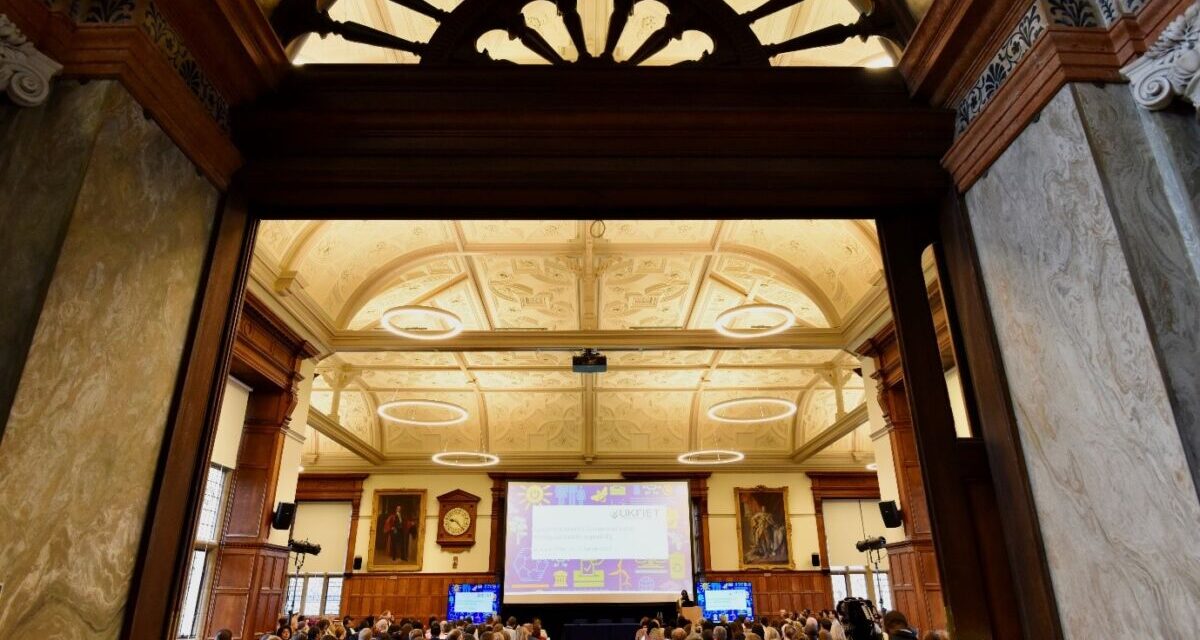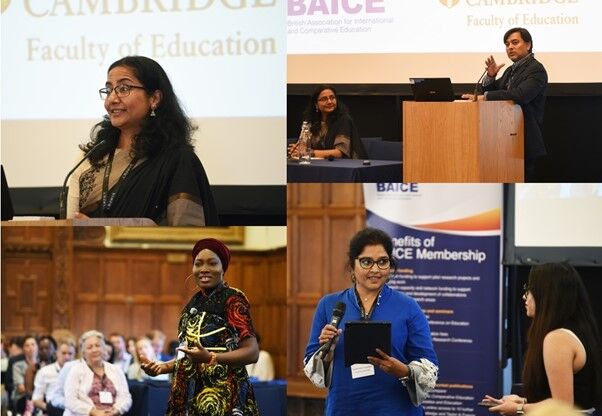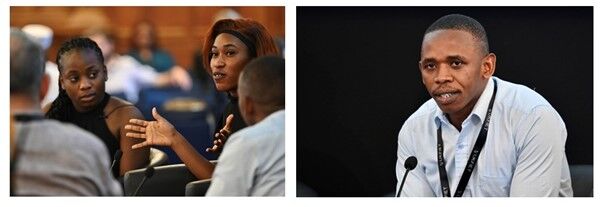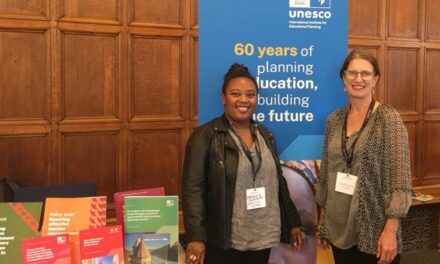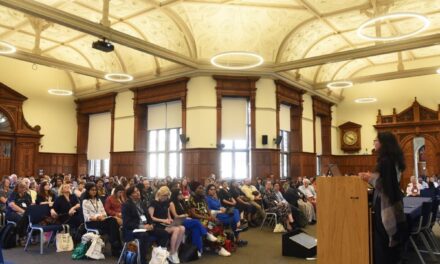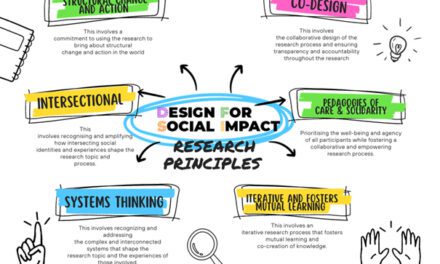This blog was written by Susy Ndaruhutse, outgoing Chair of the Board of UKFIET Trustees, based on her closing remarks of the 2023 UKFIET conference, held in Oxford and online.
This year, we have welcomed a record 800 delegates either online or in Oxford at the 2023 UKFIET Conference. Delegates have come from 60 countries with two thirds being women and nearly 10% being students. To widen access, the conference team planned a full online day and included several hybrid sessions on each of the in-person days in the programme. In addition, the UKFIET trustees awarded 32 financial bursaries to delegates who otherwise would not have been able to afford to attend.
As we’ve discussed the theme of Education for Social and Environmental Justice: Diversity, Sustainability, Responsibility over this last week, I wonder what you have been most inspired or challenged by.
- For some, perhaps you’ve enjoyed having the time and space to discuss and debate in sessions and over coffee or online.
- For others, the opportunity to deepen your knowledge in a sub-theme may have been an important part.
- For several, one of the keynote speakers may have been a particular inspiration.
- For many, being able to meet face-to-face for the first time in four years has felt like a return to more normality after Covid.
 I hope for all of us, we have learnt new things, been challenged to expand our view of what education for social and environmental justice currently looks like and what it could look like in the future. In these closing remarks I am going to pull together some of the key threads from the conference. Starting with the plenary speakers:
I hope for all of us, we have learnt new things, been challenged to expand our view of what education for social and environmental justice currently looks like and what it could look like in the future. In these closing remarks I am going to pull together some of the key threads from the conference. Starting with the plenary speakers:
Dr Vandana Shiva challenged us to look beyond the main view of currency being money and accumulation or greed and instead to think of the law of giving and considering alternative currencies that include compassion, love and service. She reminded us of the principle of stewardship in education and in our care for each other and the planet.
Dr Maria Balarin helped us to think both conceptually and practically about what justice might look like in education urging us to reclaim and strengthen the epistemic core of education. In this way, she posited that we might be hopeful pessimists believing that education does have a role to play in contributing to equality and to racial, gender and environmental justice.
Professor Nidhi Singal asked us to reimagine inclusive education through a framework that focusses on rights, resources and research. Within this, she implored us to (i) think holistically about the education of all children, (ii) ensure we are listening to the voices of children and communities in the global south, and (iii) avoid categorising children with disabilities as a homogenous group. She also reminded us of the importance of thinking about intersectionality.
During the closing plenary, youth activists Michelle Chikurunhe and Sarah Amu reminded us that there is power in partnership, education is not just academics and that politicians have a responsibility to deliver on promises. And Nestori Byaruhanga, drawing from his experience as a refugee teacher teaching in Kakuma refugee camp in Kenya, reminded us that for many refugee children who spend years of their lives in refugee camps, education is often their only hope of a better future.
Moving on to the jam boards and the takeaways people have added to the posterboards, some key headlines from across the six sub-themes include the following:
- The importance of collaboration with multiple stakeholders to collect comprehensive data and effectively use it.
- Being aware that there can be a blind assumption that EdTech is the solution.
- The potential of supporting multilingual classrooms and teaching to increase learning outcomes as well as soft skills such as confidence, self-esteem, teamwork, etc.
- Redistribution and recognition as key drivers for justice in education.
- The significance of critical virtual exchanges as an approach to address polarisation of society, global power inequities and just generally bring diverse people together.
- The need to overcome power in terms of aid/publishing etc. hierarchies and include all voices in decision making.
- The importance of comparable data across different contexts – particularly in areas where there are lots of research gaps – like Early Childhood Development and Education in Emergencies.
- A reminder that when the underlying factors restraining education are taken care of, there will be improvement not only in access to education, but also in the quality of education and the lives of people.
And then an important and open question that came up in the decolonisation sub-theme: We cannot undo what’s been done, but how can we address the legacies, rebalance power, and ensure it never happens again?
On this, at the end of the second day of the conference, a small group of us took a short walk to the statue of Cecil Rhodes at Oriel College. We spent some time discussing his legacy, what place (literally and figuratively) statues should play in both reminding us of the past and also enabling robust debate about a different future. This gave way to wider discussion on the importance of creating spaces where debate and disagreement can take place rather than the increasing tendency in society to either silence dissenting voices or to retreat into our comfort zones where we only speak to people who hold the same beliefs and have similar values to us. This creates exclusionary “us” and “them” categories of people. Ensuring we have diversity in our interactions may be uncomfortable but is likely to help us to think more holistically about the role education can play in contributing to a more socially and environmentally just future. I hope that over this conference, there have been ideas and discussions that may have felt uncomfortable as this is where we have the most potential to learn and grow.
UKFIET as an organisation is more than this biennial conference. We are a forum for sharing and debating evidence. This includes a number of online, hybrid or in-person events each year and an active open-access website where we post up to 100 blogs a year on a range of topics. If your organisation is not a member of UKFIET but would like to join, please do consider applying and getting more involved. In this way, we can continue to ensure that UKFIET activities remain relevant to researchers, practitioners and policymakers.
As I formally close the 2023 conference, I am reminded of a quote I had on my wall as a student nearly 30 years ago.
“All that is needed for evil to triumph is that good people do nothing.”
An important way to measure the success of this conference is to look forward at how the concepts, challenges and evidence that we have been discussing this week might lead to changed practices in the day-to-day work we do in our institutions and at the interface between research and practice. As we leave this building or disconnect from Zoom, I want to encourage us to take what has provoked us this week, meditate on it deeply and commit to doing something, however small, to apply it to our work. In this way, we can individually and collectively play a role in ensuring education does contribute to build a more socially and environmentally just world.

